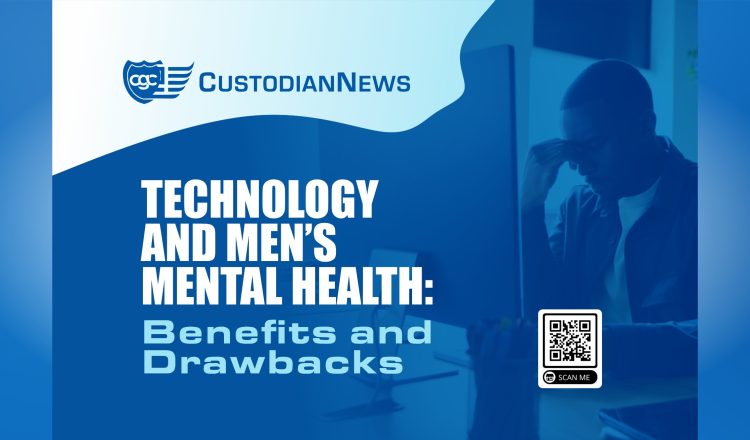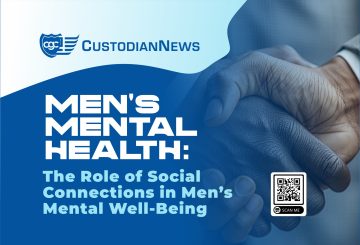Technology has become a fundamental part of daily life, influencing various aspects of our existence, including mental health. For men, the relationship between technology and mental health is particularly significant. While technology offers tools for mental wellness and support, it also poses challenges that can exacerbate existing mental health issues. The dual nature of this impact—both beneficial and detrimental—highlights the need for a nuanced understanding of how technology interacts with men’s mental health.
On the positive side, technology has made mental health resources more accessible to men who may otherwise be reluctant to seek help. Social media platforms, forums, and mental health apps have opened up new channels for men to discuss their struggles and seek support without the stigma often associated with traditional therapy. Apps like Headspace, Calm, and BetterHelp provide a range of resources, from guided meditations to online therapy sessions, allowing men to engage with mental health care at their own pace. These tools can help men develop coping strategies, monitor their mental state, and seek professional help when necessary, thus promoting proactive mental health care.
However, the constant presence of technology also has its drawbacks, which can negatively affect men’s mental health. Social media, while a platform for connection, often leads to feelings of inadequacy and low self-esteem due to the comparison culture it fosters. Men may feel pressured to conform to societal ideals of success, physical appearance, and lifestyle, which are often portrayed unrealistically on these platforms. This pressure can exacerbate issues such as anxiety and depression, especially for those who already struggle with self-worth or body image. Additionally, the excessive use of technology can lead to sleep disturbances, reduced physical activity, and a decrease in meaningful face-to-face interactions, further impacting mental well-being.
Moreover, technology can sometimes act as a barrier to authentic communication and emotional vulnerability. For many men, the anonymity offered by online interactions may provide a temporary escape but fails to replace the deeper, more meaningful connections that come from in-person interactions. Relying solely on virtual communication can result in feelings of isolation and loneliness. Although online forums and support groups can offer a sense of community, they often lack the depth of understanding and empathy found in personal relationships. Men may find it difficult to express their true emotions, leading to unaddressed mental health issues that persist or worsen over time.
In conclusion, while technology offers significant benefits for men’s mental health, it also introduces new challenges that must be navigated carefully. The rise of mental health apps and online support networks has made it easier for men to access help, but the negative effects of social media and excessive screen time cannot be ignored. It is essential for men to strike a balance, using technology as a tool for positive mental health support while being mindful of its potential pitfalls. Encouraging healthy technology use and promoting awareness of its impact on mental health can help men make informed decisions, ultimately fostering a better environment for their mental well-being.





